“To live the Gospel is to live always hoping for the best”
Before becoming a priest, Don Francisco Sojos was a journalist
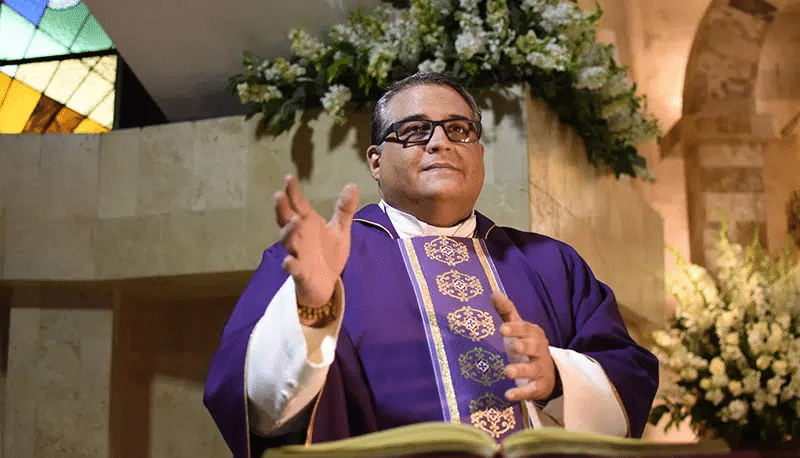
For a time he practised the profession, as well as teaching at several universities. However, there was a call from God since he was a child that he always tried to hide or postpone. Until one day he could no longer say no, and he went to talk to the bishop. He was sent to Rome to become a priest, thanks to the help of the CARF Foundation, where he first studied for a bachelor’s degree in theology, and then for a licentiate.
On his return to Ecuador, specifically to the diocese of Guayaquil, Father Sojos exercised important pastoral responsibilities, both in the field of communication and as a teacher in the seminary. In addition to having been assigned to various parishes, he is currently the rector of the diocesan cathedral.
Social and religious situation in Ecuador
Don Francisco considers the situation to be complicated, with problems present throughout Latin America and also on a global level. In recent years, there has been a significant increase in violence in Ecuador, reaching worrying levels. This phenomenon, which constitutes a profound moral problem, is inherently intertwined with the questioning of the foundations of society, giving rise to destructive thoughts and ideologies.
The health of the Church in Ecuador
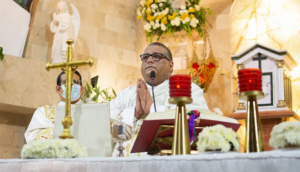 In Ecuador, there is a lot of faith. “Look, I stand for five minutes at the front door of the cathedral at any time of the day and, for me, it’s an injection of hope. Why? Because people never stop coming in. They don’t come in to waste time, they come in looking for the chapel of the Blessed Sacrament, which is always full. They come in looking for a moment of prayer, to wait for Holy Mass or to go to confession.
In Ecuador, there is a lot of faith. “Look, I stand for five minutes at the front door of the cathedral at any time of the day and, for me, it’s an injection of hope. Why? Because people never stop coming in. They don’t come in to waste time, they come in looking for the chapel of the Blessed Sacrament, which is always full. They come in looking for a moment of prayer, to wait for Holy Mass or to go to confession.
50% of Catholics attend Mass every Sunday. A very high figure, despite the challenges of secularisation and the advance of evangelical groups. There is also a high return rate of people who, having joined sects, return to the Catholic Church when they realise that something is wrong.
The gift of faith
Don Francisco Sojos knows he is protected by the Lord. His greatest doubt of faith lasted only a few seconds, at the age of 15, when he was reading the book The Trojan Horse. It made him doubt whether the Church was not founded by Christ. Immediately, he realised what a “rubbish” book he was reading and threw it away. In his family, a Sunday Mass family, there were never any doubts about faith and religiosity was lived as a matter of course. It was part of everyday life.
Vocation to the priesthood
As for the priesthood, his vocation was always present. But it did not materialise until he was 28, when he decided to enter the seminary. For seven years he had studied journalism and philosophy at the University of Los Andes in Chile. And for another three years he worked as a lecturer at different universities and on his own communication projects. “When it came to his mind the priesthood, he said ‘for later, for later'”
The definitive call came on a television programme in Chile. He met a university classmate who was studying to become a priest. He asked him if he should not have already entered the seminary. On his return to Ecuador, he spoke to the bishop, who decided not to send him to the seminary in Guayaquil, but to send him to Rome to do the whole seminary at the International College Sedes Sapientiae and to study at the Pontifical University of the Holy Cross.
For Don Francisco, the experience in Rome was wonderful, getting to know the Church, getting to know its depth, Rome, seminarians and priests from all over the world, with so many ways of living the Gospel faithfully. It opens one’s heart and mind to understand more deeply the Gospel and the mission of evangelisation. The formation at the Pontifical University of the Holy Cross has given him a deep love of doctrine and liturgy, transmitting to him the importance of not deviating from doctrine and of respecting the liturgy as an element that belongs to the Church, not to the priest.
The most important moments as a priest
“I hope that they have not yet come, but are yet to come. To live in the Gospel means to live always hoping for the best. If the best has already come, then where do I walk towards? I am walking towards heaven, so the best has certainly not yet arrived.
When he returned from Rome as a deacon, the bishop immediately entrusted him with the reconstruction of a parish that had been destroyed. A few months later, he appointed him spokesman for the archdiocese of Guayaquil to handle communication and relations with the press at a very conflictive political moment, in a clash between the government and the Church over the new constitution.
Francisco Sojos was also the director of Radio Católica Nacional, a difficult period because he had to be in charge of a parish and travel to Quito, to the radio station’s headquarters. It was a round trip in the same day.
After ten years in a busy parish, he has recently become the rector of the cathedral of Guayaquil.
What does a priest need in order not to succumb to the dangers he faces today?
In relation to the challenges facing a priest today, he stresses the importance of having good priestly friends to avoid isolation and underlines the need for prudence, a virtue that should moderate life and prevent the risks of the world. Faced with the crisis in the Church, he proposes reversing the situation through love for Christ, stressing that being an evangeliser implies speaking out of personal love for God. He who is in love with Christ convinces about what he loves. Talking about love for God, rather than preaching about theories, is the key to being a convincing evangeliser.
CARF Foundation: Help us form train diocesan priests from Ecuador to serve the Church worldwide.
Related
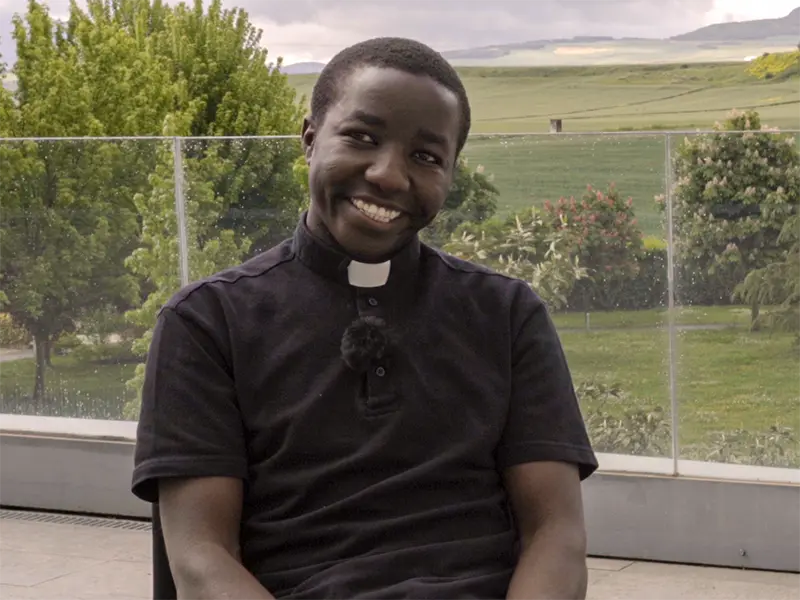
“Being Catholic in Tanzania is a source of pride”
Fundación CARF
16 April, 2025
6 min

The Vatican Suppresses the Sodalitium of Christian Life After a Long Discernment Process
Exaudi Staff
15 April, 2025
1 min
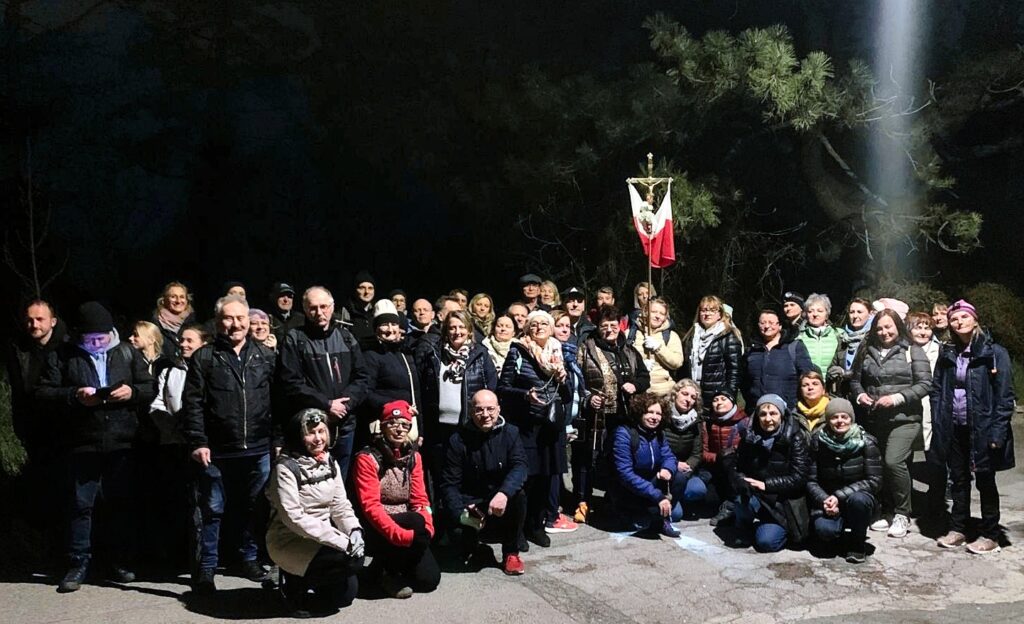
From Kahlenberg to the Papal Cross – Polish Night Way of the Cross in Vienna
Heschel Centre for Catholic-Jewish Relations at the Catholic University of Lublin
15 April, 2025
2 min
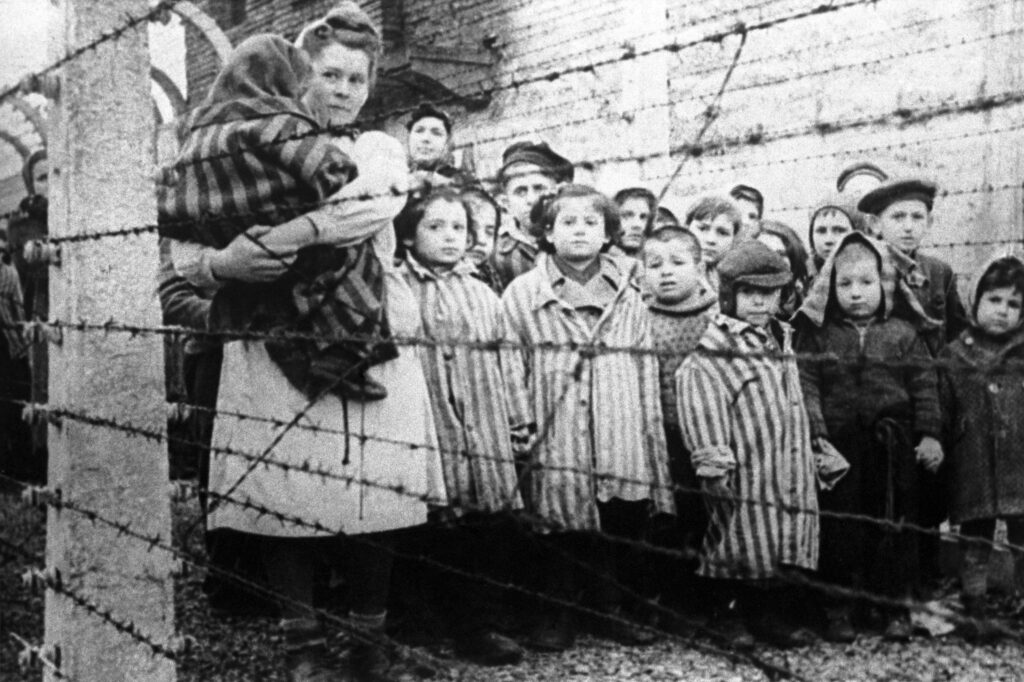
“I Will Never Be Herod for the Innocents”
Wlodzimierz Redzioch
14 April, 2025
6 min
 (EN)
(EN)
 (ES)
(ES)
 (IT)
(IT)

